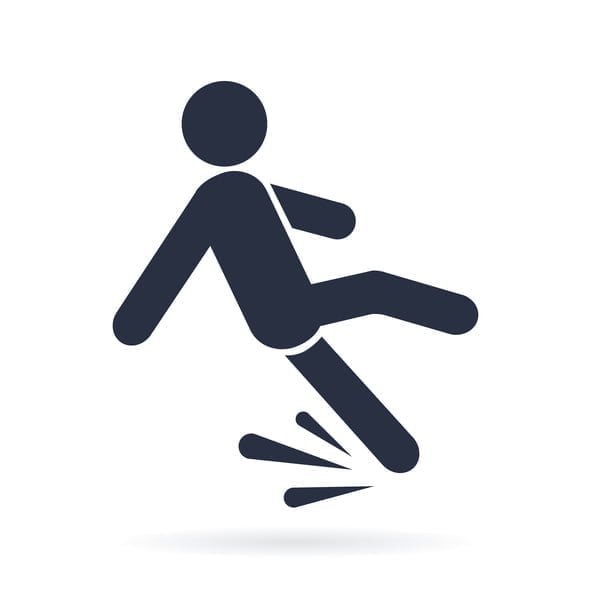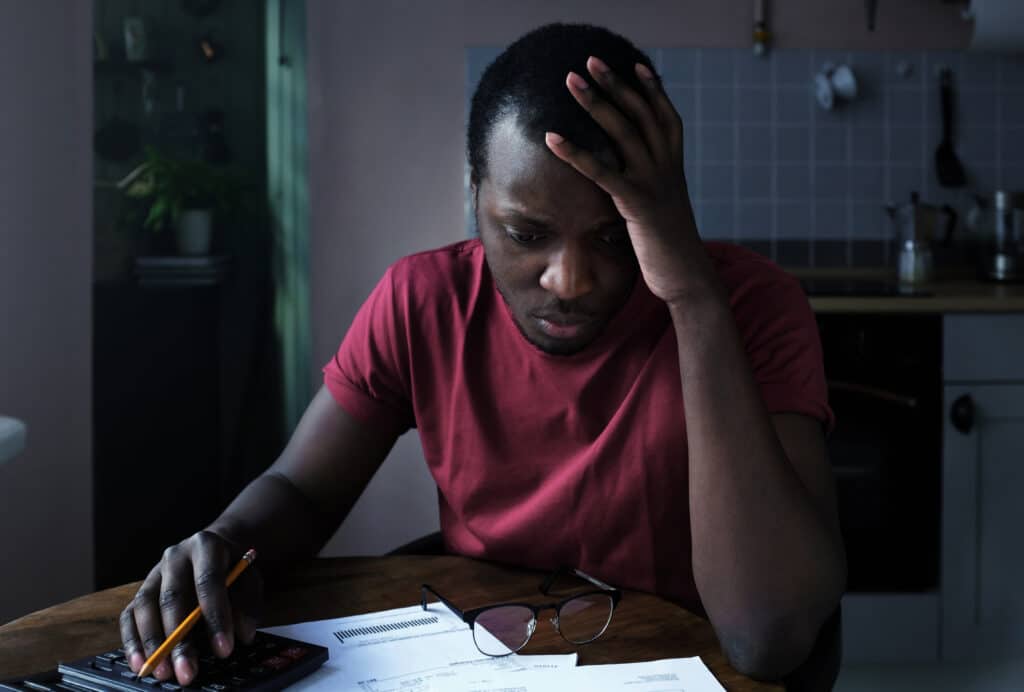
A common question I get when someone has a slip and fall accident at a store or at someone else’s property is who is responsible for their injuries and medical bills. Many believe that medical bills if you fell on a property of another person will be shouldered by the property owner. This is a misconception; these cases are typically very tough to win in North Carolina.
The law is clear that owners of real property are not responsible for the safety of visitors. Instead, real property owners only have to ensure the property is reasonably safe and to tell visitors if there are any “latent defects” in the property or defects that could not be found upon reasonable inspection. That means the property owner is not responsible if a person steps in an “open and obvious” hole or slips in a pool of water that one can see if keeping a reasonable lookout.
For example, if you were walking through a parking lot after a snowstorm and fell because it is slick, this would not be the property owner’s fault because they have no duty to warn that the snow makes the parking lot slippery. However, suppose a person is walking down the stairs from his apartment, and the stairs collapse because unknown to him. In that case, the stairs require repair. The property owner is probably responsible for any injuries.

Personal Injury Claims Can Cost Hundreds or Thousands of Dollars
You may be entitled to compensation if you’ve been injured due to another person’s negligence.
When filing a claim, you must prove that the defendant was negligent and that his/her negligence caused your injuries. This means proving that he/she failed to exercise reasonable care when operating a vehicle, could not maintain safe premises, etc.
The amount of damages you receive depends on several factors, including the severity of your injuries, whether or not you were at fault, and the extent of the defendant’s liability coverage.
To file a personal injury claim, you may want to consider hiring a lawyer specializing in this type of law. Your attorney will help you determine your eligibility for compensation and negotiate a settlement agreement.

Owners of residential properties also need to take precautions to protect their tenants. For example, landlords must maintain gutters and downspouts properly, clean exterior windows and screens, repair damaged steps, and ensure those fire extinguishers are available. Landlords also need to inspect the property regularly to determine if anything needs repairing or replacing.
As if the liability law was not tough enough, North Carolina is also one of five jurisdictions in the United States that still follows the doctrine of contributory negligence. Contributory negligence means that the person who slips and falls, regardless of fault by the property owner, was not using due care or not keeping a reasonable lookout. So, let’s go back to the stairs. If the stairs require repair, but it is obvious they are not safe, a person might be blocked by his contributory negligence by using them and be at fault.









